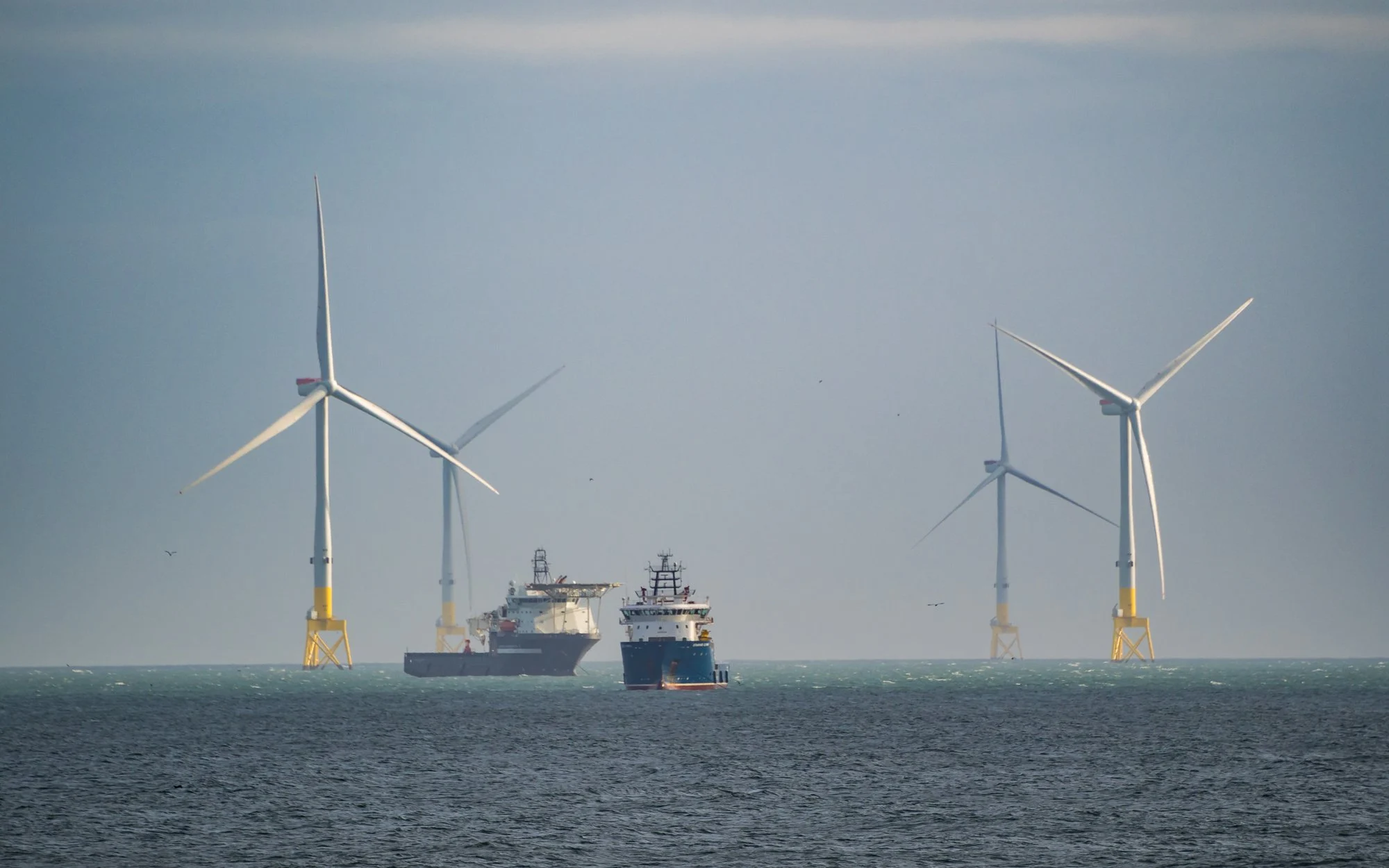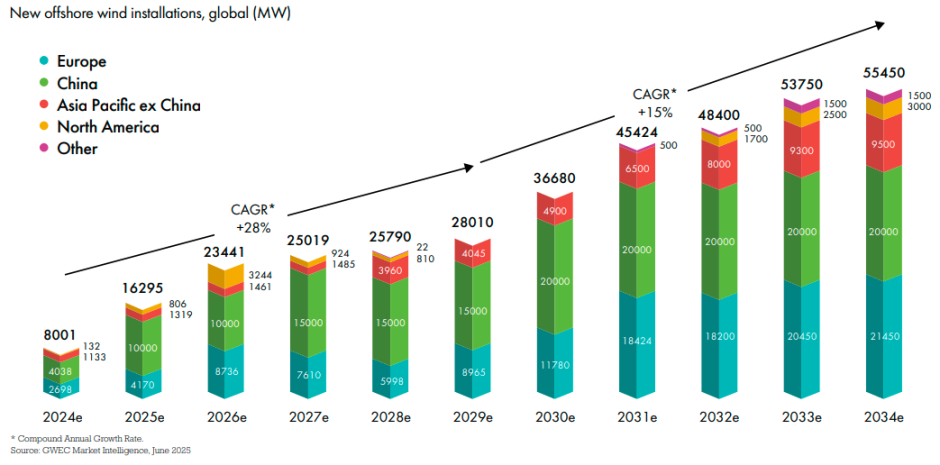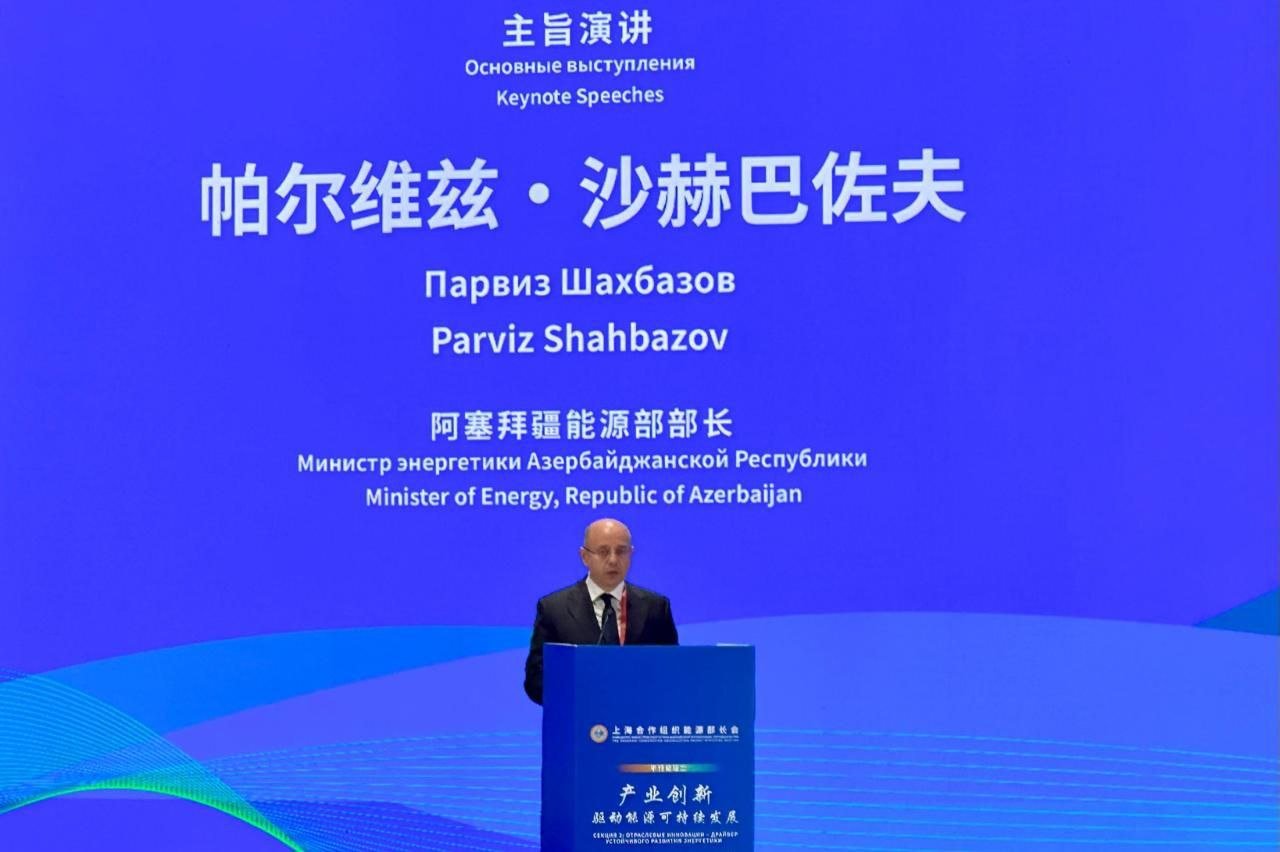Polish offshore wind farms urgently require a clear development timeline, with this year’s auctions being critical for future progress. Dominika Kulczyk emphasizes the importance of timely auctions, stating that both private investors and state-owned companies rely on substantial debt financing from global financial institutions. Kulczyk advocates for creating the best auction conditions for 2025, as these will significantly influence not only the auction’s success but also the availability of bank financing for subsequent phases.
Polenergia warns that failing to conduct or resolve the 2025 auction could lead to an accumulation of 8 gigawatts (GW) in volume by 2027. This scenario would create an investment gap in Poland’s offshore sector and complicate the simultaneous execution of numerous projects in a market still in development. The President of the Energy Regulatory Office (URE) has announced an auction based on current regulations, yet the passage of updated offshore legislation is crucial for facilitating administrative and investment processes.
The proposed legislation includes provisions for a potential intervention auction in 2026 if the 2025 auction does not occur or ends unsuccessfully. It also introduces a new support valuation system and a preliminary certificate allowing projects without environmental approvals to participate in the auction for 12 months. Additionally, projects from the first phase of support may join auctions in the second phase, utilizing any unused capacity.
Market players such as Orlen and PGE Polska Grupa Energetyczna indicate that the chances of this year’s offshore wind auctions proceeding are increasing, with at least three projects in contention. However, state-owned projects are still awaiting environmental decisions, expected to be finalized in the fall.
Polenergia is advancing its construction campaign for more developed projects from the first phase, while also focusing on preparing for the second phase of offshore development. The Bałtyk 2 and Bałtyk 3 projects, with a combined capacity of 1,440 megawatts (MW), represent Poland’s largest private energy investment, valued at over 27 billion zloty (approximately $6.3 billion) excluding financing costs. Equinor and Polenergia, collaborating in a 50/50 joint venture since 2018, made final investment decisions in May and secured financing from around 30 financial institutions.
The successful initiation of offshore wind projects is essential for Poland to meet its renewable energy goals and to establish a robust offshore wind sector that can contribute to the country’s energy transition.




